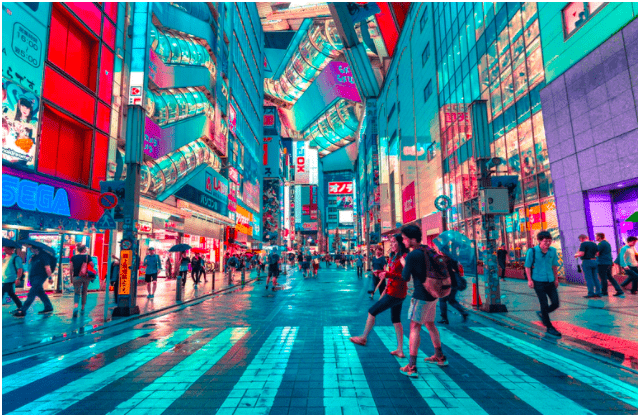Startups exist because they respond to consumer needs – whether online or offline. Legislation that empowers innovation and ambitious startups also benefits consumers. However this only works if legislation isn’t designed to artificially pick winners and losers, for instance by favoring offline distribution mechanisms under a misleading guise of perceived fairness.
COVID-19 fundamentally changed the way in which our societies and markets operate. Digital distribution networks such as online marketplaces or online communication tools stepped up and delivered, minimising the fallout of the pandemic on our lives. And while many of us can’t wait to get back to the office, some of the changes COVID-19 accelerated will be permanent. Home office or home delivery, for instance, are now mainstream.
This is a hugely positive development for consumers who now have far more options available on how they consume products and services,
Regulators should bear this in mind as they look to create a “fair playing field” for the new choices that consumers make.
Since the digital and the analog world are increasingly converging, it will be all the more important to have the same rules for the offline and online world. That means that there should be no built-in extra privileges for brick and mortar stores, who often have advantages over their online competitors. Legislation should be about empowering consumers to decide for themselves, and not artificially rigging the market to favour one form of distribution over another.
In this process the rulemakers should be like stewards who are accompanying an evolution, giving all players a chance to participate, but remaining neutral arbiters in the process.
If startups and scale-ups provide products and services that are increasingly available online, consumers have the choice to buy them or not. Making it less attractive to buy online is not the answer. Making consumers journey to the high street, paying over the odds for public transport or parking, clogging up and polluting the city in the process, is not a winning recipe for most consumers. This is where rulemakers and retailers have opportunities to make in person shopping a more pleasant, less expensive and less stressful experience.
Regulators have a golden opportunity to embrace the opportunities that digital distribution methods have brought for the benefit of consumers, our economies and our societies. They can become an integral part of the infrastructure of the 21st Century and move us into a cleaner, more efficient and more consumer focused era, but only if rulemakers allow it.

